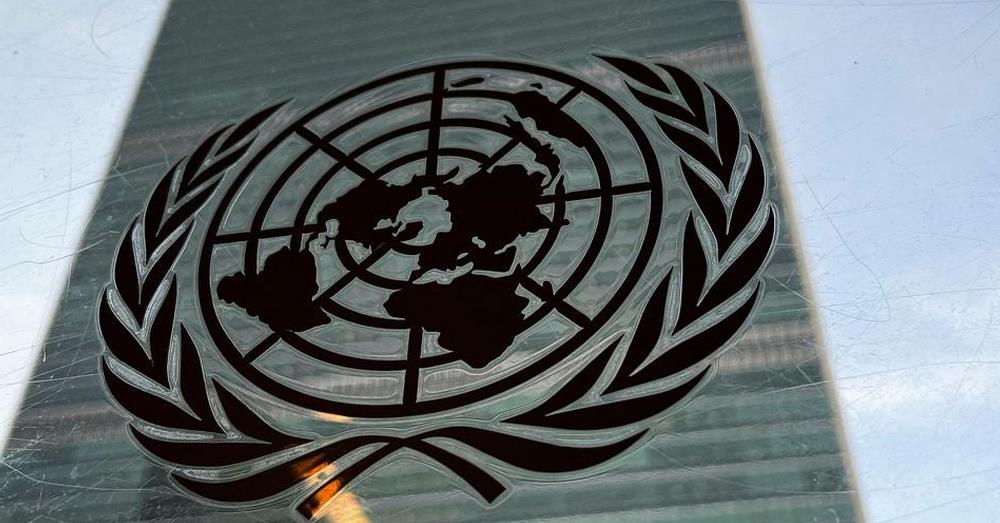WASHINGTON, March 11 (Reuters) - The United Nations on Friday said it had no evidence Ukraine had a biological weapons program while Washington and its allies accused Russia of spreading the unproven claim as a possible prelude to launching its own biological or chemical attacks.
Russia called the meeting of the 15-member U.N. Security Council to reassert through its envoy Vassily Nebenzia, without providing evidence, that Ukraine ran biological weapons laboratories with U.S. Defense Department support.
Member countries called the claim "a lie" and "utter nonsense" and used the session to accuse Russia of deliberately targeting and killing hundreds of civilians in Ukraine, assertions that Russia denies in a 15-day offensive it calls "a special military operation."
Izumi Nakamitsu, the U.N. High Representative for Disarmament Affairs, told the council the United Nations is "not aware" of any biological weapons program in Ukraine, which joined an international ban on such arms, as has Russia and the United States along with 180 other countries.
Under a 2005 agreement, the Pentagon has assisted several Ukrainian public health laboratories with improving the security of dangerous pathogens and technology used to research. Those efforts have been supported by other countries and the World Health Organization.
The WHO told Reuters on Thursday that it had advised Ukraine to destroy high-threat pathogens housed in its public health laboratories to prevent "any potential spills" that would spread disease among the population. read more
The U.S. envoy to the United Nations, Linda Thomas-Greenfield, said Washington was "deeply concerned" that Russia called the session as a "false flag effort" to lay the groundwork for its own use of biological or chemical weapons in Ukraine.
Although she provided no evidence of an imminent Russian threat during the meeting, she said: "Russia has a track record of falsely accusing other countries of the very violations that Russia itself is perpetrating."
She added: "We have serious concerns that Russia may be planning to use chemical or biological agents against the Ukrainian people.
"The intent behind these lies seems clear, and it is deeply troubling," she said. "We believe Russia could use chemical or biological agents for assassinations, as part of a staged or false flag incident, or to support tactical military operations."
Responding to Thomas-Greenfield's statement, Nebenzia recalled then-U.S. Secretary of State Colin Powell's 2003 Security Council testimony when he presented what Washington claimed was proof that Iraq was hiding banned weapons of mass destruction programs.
The United States used the assertion, which turned out to be false, to justify its 2003 U.S. invasion of Iraq.





